Misconceptions over the "Arab Spring" lead to flawed analysis and disastrous policies. Thomas Friedman's recent op-ed is a case in point.
Shortly following the internationally funded uncontested election in Yemen, a high-ranking western diplomat berated me for not voting. When I asked him, "would people in your country be happy with a one-person election?" He responded: "People in my country are not trying to kill each other!"
While not all diplomats think this way, unfortunately, that simplistic and ignorant statement is what drives much of western policy on Yemen — if there is a policy — and it is also why it is expected that Yemenis should accept half solutions — should in fact celebrate them!
Maybe misconceptions of Arabs as apolitical, who were just "awakened" by the "Arab Spring," leads to the belief that anything is a step forward. These misconceptions, if internalized, lead to flawed analysis, and worse they can become disastrous policies.
Friedman: The Yemeni Way
This is egregiously exemplified by Thomas Friedman's recent New York Times op-ed where, for example, he states: "The good news is that — for now — a lot of Yemenis really want to give politics a chance." Friedman is referring to the internationally backed National Dialogue Conference (NDC) in Yemen. The NDC began in March 2013 and is to last for six months, with 565 delegates tasked with providing recommendations and culminating in writing of a new constitution. Friedman's statement attempts to celebrate Yemenis, while in fact downplaying an entire history of political participation and ignores Yemen's cultural tradition of dialogue and political pluralism. Yemen has had dialogues before and has operated in a relatively diverse political sphere. The movement for change in 2011 is a culmination of years of activities in the south and north.
Neglecting all of that naturally does not present a thought-out article. While the NDC helped bring new political actors to the forefront, creating new social transformations, and while the threat of war has been delayed on the short term; nevertheless, it is too soon to make a grand statement about the success or failure of this process, and definitely too early to announce that the NDC and the overall transitional process is a model to emulate, as Friedman suggests.
Renowned Yemeni journalist Sami Ghaleb critiqued Friedman's piece saying: "Friedman's analysis is the perfect example of the way the US makes premature political assessment on changes in the Arab world. It's the fast food assessment." This fast food assessment is one that ignores long-term impact and also historic factors that influence current reality.
Friedman is not the first to make a grand statement about the NDC. In fact, his piece echoes the statements made by US Ambassador to Yemen Gerald M. Feierstein on March 29, 2013, and by Yemen's president later in early May. "Today, we are so close to mak[ing] a complete success and awaiting the dialogue's results, which will forge the new future of Yemen," said President Hadi during his meeting with UN Envoy to Yemen Jamal Benomar.
These statements of success or failure lack depth and fail to define success. For the international community, success might be defined by the fact that a diverse group of Yemenis are in the same room debating (not a first in Yemen, although media likes to propose it as such). For others, success might be defined by the national input in writing a new constitution, or the solving of deep-rooted conflicts in the north and south of the country. This, of course, has led to conflicting ideas on what is expected of the dialogue, and hence will most likely lead to disappointment regardless of the output. Ideally, the NDC should be a process to build a new social contract between the people and the governing power centers. Yet, the majority of citizens feel disconnected from this process.
In Need of Jobs
The average person has not felt the impact of the dialogue, and many outside the cities have not even heard about it. If Friedman had spoken to "some of the most interesting journalists, social activists and politicians [he] met in the Arab world" whom he mentioned in his 2010 op-ed, a long list of concerns about the transitional process would have been highlighted.
Just a week before the heavily advertised and financed NDC, I asked a woman in a village near the city of Hodeida: "What do you think of the National Dialogue?" A blank stare shaped her face, followed by: "What? What's that?" I proceeded to tell her about the NDC, and then asked her which priorities she hoped would be discussed in the dialogue. "Our stomach," she responded. "We are hungry and we need jobs," she added. She is not the only one who is unfamiliar with the dialogue.
While the recent field visits by members of the NDC to various cities are a positive step, they nevertheless remain closed to certain groups of people. In addition, the attempts so far to engage the general population have failed, partly due to the emphasis on using online medium for marketing in a country where 86 percent of the population do not have access to the internet. The conference location at the expensive and secluded Movenpick hotel with high security adds to the alienation of conference participants from the general society. As lawyer Haykal Bafana said on Twitter: "In just over 2 months, Yemen's National Dialogue has spent US$9,282,000 — no tangible benefit so far."
In addition, each NDC participant receives $100 or $180 (for those coming from outside the capital) per day, in a country where 40 percent of the population lives under $2 a day. A participant told me: "I don't believe this [NDC] will bring about any change, but I can't find a job either, so why not participate?"
This not only destroys any sense of civic duty but it is also in contrast to the two years of civic engagement felt during the uprising. The wide range of volunteer activities by revolutionaries was an important stop in promoting civic engagement. Yet, the way the NDC is organized is also reminiscent of Saleh's patronage system. It creates what writer Ibrahim Mothana calls, "Per-diocracy" rather than democracy.
The Negative Role of External Players
These challenges have made the NDC the butt of new nicknames: "the market of illusion," "national sleep hypnosis conference," and "the foreign national dialogue." The role of external players in Yemen is perceived negatively for a number of reasons.
First, the way the international community, and precisely the Group of 10 Ambassadors, have divided tasks related to the transitional process amongst themselves, in their capacity as "facilitators of the GCC Initiative," feels like an imposition to many. For example, the United States is in charge of military restructuring, France the Constitution, the United Kingdom policing, and the United Nations the NDC (with partnership and support from the other countries). This created the perception that the international community is imposing its agenda, rather than cooperating or aiding in the transformation.
Second, the transitional process and the NDC are heavily financed by the international community which supports the above idea. The Yemen National Dialogue and Constitutional Reform Trust Fund (YNDCRTF) was established to support Yemen's dialogue. The UN program stands at $23.1 million, of which $15.1 million is to finance the Secretariat and conference. In addition, donors from various countries are spending millions on civil society work related to the NDC. The US for instance will spend $10.5 million in coordination with the Secretariat to provide technical and operational assistance to the dialogue offices.
Third, the interference in local decisions by international actors has increased that perception. For example, UN Envoy Jamal Benomar had the final say in the allocation of representation at the dialogue. In addition, US Ambassador Fierstein's continued press conferences, attendance of NDC and TV announcements on the progress of the transitional process, have made him obtain the title of "Sheikh of Yemen" and has served to enhance the wide held perception that it is an externally led process with an international, rather than an indigenous local, agenda.
In addition, many believe that key decisions will be made among Yemen's power centers outside the margins of the dialogue, and that this dialogue conference is just an expensive "show" forcing Benomar to announce on May 13 that: "Nothing is being cooked outside the conference halls." Nevertheless, a key example of important decisions being taken outside the dialogue is the military restructuring decree, which was announced by President Hadi while the dialogue is ongoing without input from dialogue participants.
Fourth, there is a significant divide between aspirations of the civic movement for change and interests of key foreign and regional players favoring the traditional elite seen through their support for the Gulf Cooperation Council's power transfer agreement, which led former President Saleh's resignation from power for his vice president in exchange for immunity from prosecution for him and 400 others. The root causes of discontent have not been addressed, which deepens the rift and mistrust in the process.
The last and most important concern, is the inclusiveness of the NDC. While some new entities have in fact been introduced to the political scene, many of the leaders of the Southern Movement boycotted the NDC because they do not believe it will solve the deep grievances felt by the people in the south or their calls for secession. In fact, many of the topics discussed cannot really be negotiated until the other more important issues, such as the southern question, are dealt with. As Waseem Al-Saqqaf, southern movement activist said:
"NDC members from the Southern Movement are there to discuss the southern issue. Yet, they had to join other working groups such as the one on security and military reform. How can a southerner who believes in the right to self determination or in secession discuss restructuring of a unified army?"
With the majority of southerners outside the negotiation, it is difficult to foresee how the southern issue can be solved.
Collapsing Economy
In the week Friedman wrote his very optimistic piece, power lines were attacked, a fighter jet crashed in the capital (third one in the past six months), and Yemeni workers in Saudi Arabia were deported. The Yemeni economy is collapsing, people cannot find jobs, electricity cuts are constant in the capital, children are going to sleep hungry, and the same people who ruled the country for the past 33 years are still in power.
These concerns should also be priorities in the national dialogue. For a process to bring about lasting change, the process itself should matter. No matter how "successful" the outputs may be, it should be an internally driven one, or else no one will feel ownership of the process, and it will be easy to abandon the results.
*[Note: This article was originally published by the Huffington Post.]
The views expressed in this article are the author's own and do not necessarily reflect Fair Observer’s editorial policy.
Image: Copyright © Shutterstock. All Rights Reserved
Support Fair Observer
We rely on your support for our independence, diversity and quality.
For more than 10 years, Fair Observer has been free, fair and independent. No billionaire owns us, no advertisers control us. We are a reader-supported nonprofit. Unlike many other publications, we keep our content free for readers regardless of where they live or whether they can afford to pay. We have no paywalls and no ads.
In the post-truth era of fake news, echo chambers and filter bubbles, we publish a plurality of perspectives from around the world. Anyone can publish with us, but everyone goes through a rigorous editorial process. So, you get fact-checked, well-reasoned content instead of noise.
We publish 2,500+ voices from 90+ countries. We also conduct education and training programs
on subjects ranging from digital media and journalism to writing and critical thinking. This
doesn’t come cheap. Servers, editors, trainers and web developers cost
money.
Please consider supporting us on a regular basis as a recurring donor or a
sustaining member.
Will you support FO’s journalism?
We rely on your support for our independence, diversity and quality.




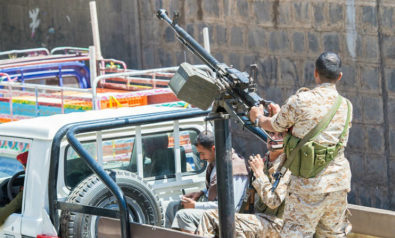
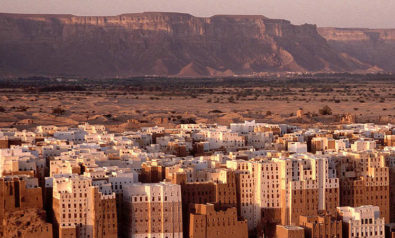
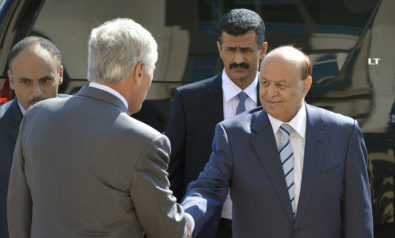
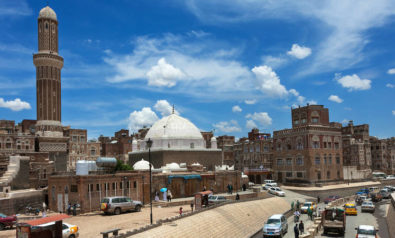
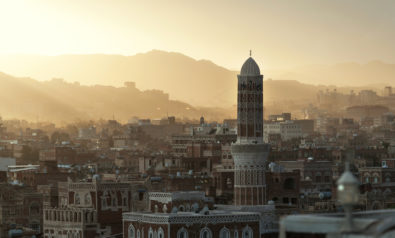
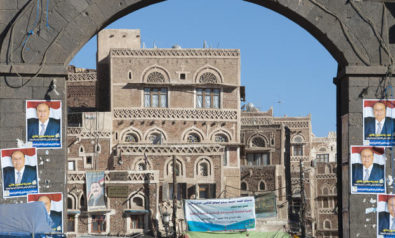
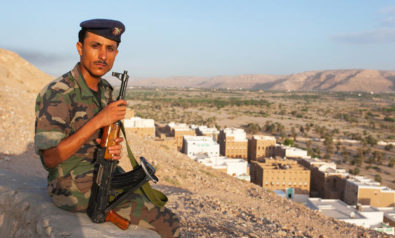

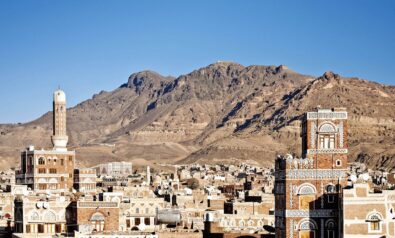
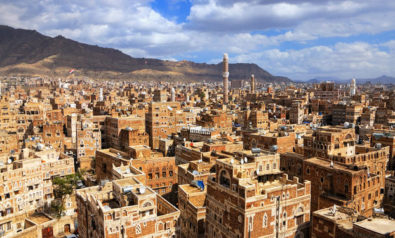
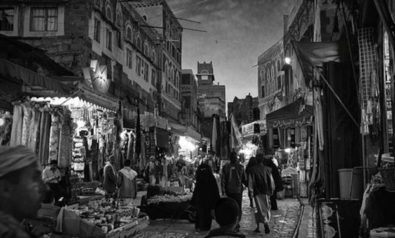
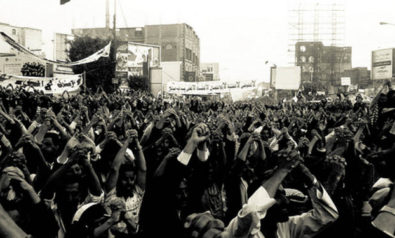
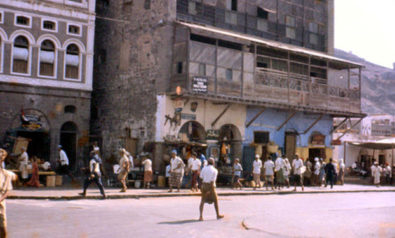
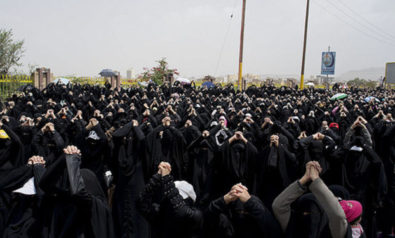
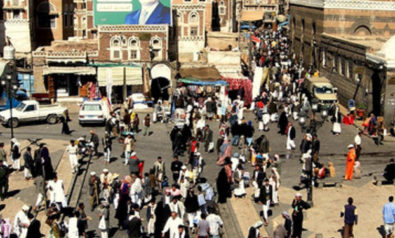

Comment